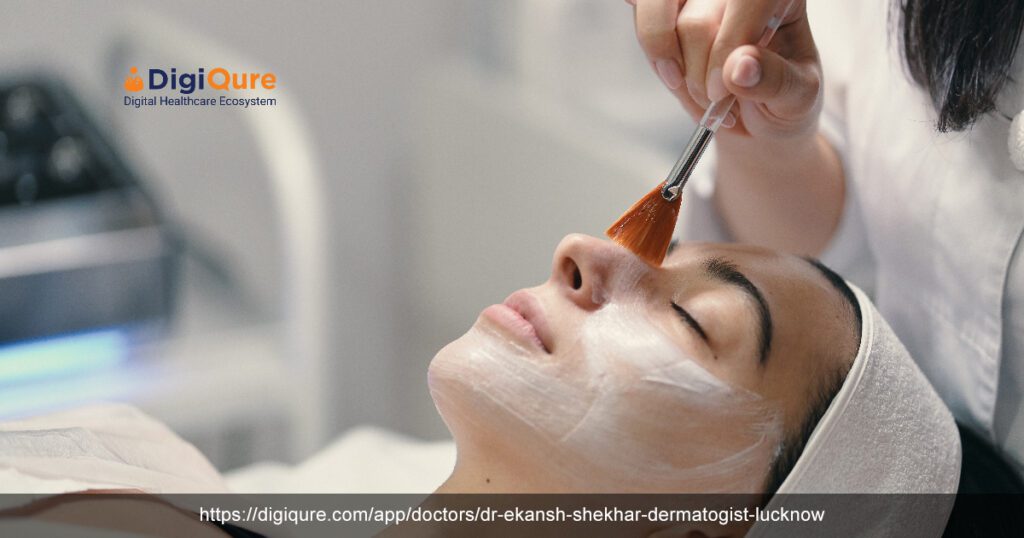Dermatologist’s Guide to Acne Care: Clear Skin Strategies
Introduction to Acne
Acne is a common skin condition that affects people of all ages and backgrounds. While it can be frustrating and even distressing, there’s good news – with the right care and guidance from a dermatologist, you can effectively manage and treat acne. In this blog, we’ll explore expert advice from dermatologists on how to care for your skin and achieve clearer, healthier skin.
Understanding Acne
Before diving into acne care, it’s important to understand what causes acne. Acne typically develops when hair follicles become clogged with oil and dead skin cells. This creates an ideal environment for bacteria to thrive, leading to inflammation, redness, and familiar pimples and blackheads.
Consultation with a Dermatologist
The first step in acne care is to consult a dermatologist. They can assess your specific skin type and acne severity to develop a personalized treatment plan. This might involve topical medications, oral medications, or a combination of both.
Cleansing Your Skin
Dermatologists stress the importance of gentle skin cleansing. Use a mild, fragrance-free cleanser to wash your face twice a day. Avoid harsh scrubbing or abrasive products, as they can exacerbate irritation.
Topical Treatments
Depending on the type of acne you have, your dermatologist may prescribe topical treatments such as benzoyl peroxide, retinoids, or salicylic acid. These products can help unclog pores, reduce inflammation, and prevent new breakouts.
Oral Medications
For more severe acne, your dermatologist might recommend oral antibiotics, hormonal treatments, or isotretinoin. These options are typically reserved for cases that don’t respond well to topical treatments.
Sun Protection
Always wear sunscreen with at least SPF 30, even if you have acne-prone skin. Sunscreen helps prevent post-inflammatory hyperpigmentation and reduces the risk of scarring.
Healthy Lifestyle Choices
Dermatologists emphasize the role of a healthy lifestyle in managing acne. Eating a balanced diet, staying hydrated, and managing stress can all contribute to clearer skin.
Avoid Picking and Squeezing
Dermatologists strongly advise against picking or squeezing pimples, as this can lead to scarring and worsen the inflammation.
Regular Follow-ups
Continue seeing your dermatologist for follow-up appointments to monitor your progress and make necessary adjustments to your treatment plan.
Scar Management
If acne leaves behind scars, dermatologists can recommend various treatments, including laser therapy, chemical peels, or microneedling, to improve skin texture.
Conclusion:
Acne care requires patience and a tailored approach. Consulting a dermatologist is crucial to determine the most effective treatment plan for your specific skin type and acne severity. By following their guidance and practicing good skincare habits, you can take proactive steps towards achieving clearer, healthier skin and regaining your confidence. Remember, clear skin is achievable with the right care and commitment to your skin’s health.
